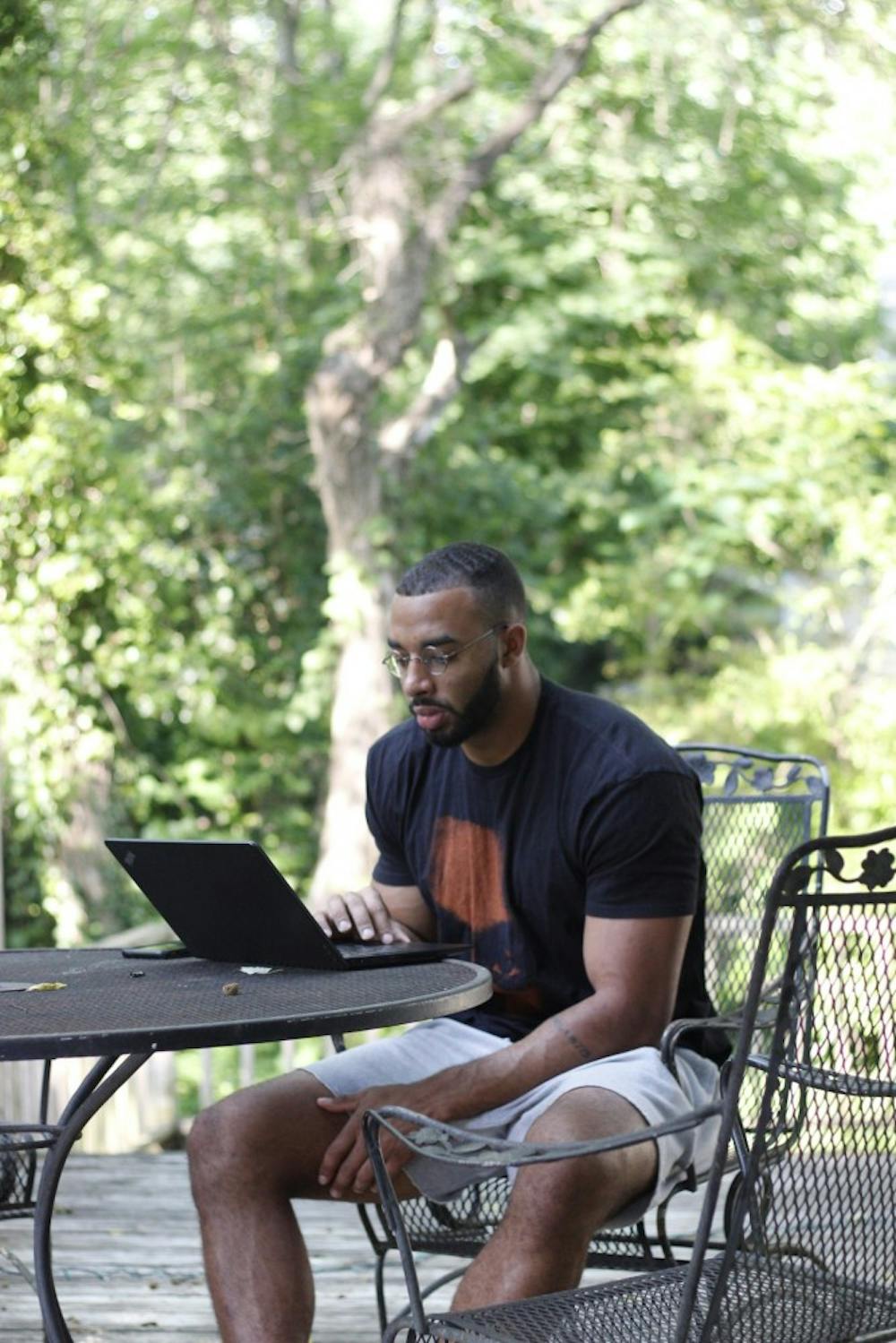Though the world of sports has been put on hold due to the spread of COVID-19, athletes at UNC are speaking out as protests against racial injustice sweep the country.
Sports fans have already seen athletes such as Stephen Jackson, Malcolm Brogdon, Von Miller and Jaylen Brown attend protests against systemic racism and police brutality. Many other athletes have been using their platforms to address racial injustices that have continued to occur throughout the 400-year history of the United States.
From Tommie Smith and John Carlos raising Black Power fists in the 1968 Olympics, to Craig Hodges wearing a dashiki at a White House visit, to Colin Kaepernick kneeling during the national anthem, social activism has been a continually present part of the sports world among athletes. Despite this history, such athletes have often been more criticized than they’ve been praised.
Many of UNC's marquee athletes — such as Michael Jordan, Julius Peppers, Vince Carter — are Black and have garnered much attention for their respective programs before going on to successful professional careers.
Currently, Black athletes continue to represent the school in their fields of play while offering insight on the racial injustice happening across the United States. Daily Tar Heel sportswriter Jeremiah Holloway spoke with two of them:Jake Lawler, who completed his tenure on the football team after the 2019 season, and Hannah George, who currently pitches for the softball team. Both spoke about their experiences at UNC as Black student-athletes and their perspective on the protests that have erupted across the country.
Lawler, who helped co-found the UNCUT video platform for student-athletes, spoke to his growth with being aware of and speaking out on racial topics.
“I was going to go to school and be a good student, make my family proud,” Lawler said. "I wasn’t really considering the platform I could have and the platform I could use to speak for the advancement of all Black people.”
“(Chapel Hill) is liberal and it is progressive, but everywhere you’re going to have people who don’t understand or don’t care. I think being surrounded by so many white people who were apathetic or ignorant just pushed me to go and delve into our own history and culture so I could be a voice for the voiceless.”
George, who has been at UNC for two years, discussed her personal experiences with discussing race and culture on campus based on the questions people have for her.



